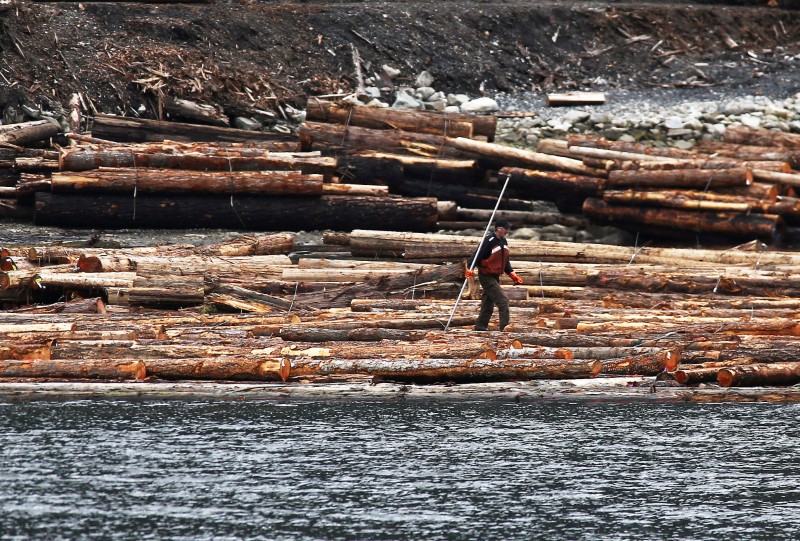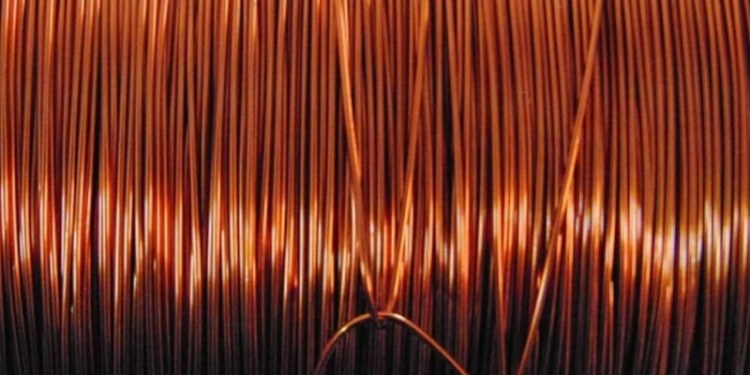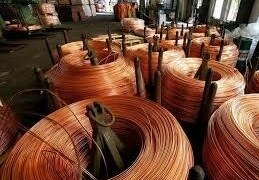 © Reuters. FILE PHOTO: A log driver works a barge of Canadian logs at Squamish Mills Ltd in Howe Sound near Squamish
© Reuters. FILE PHOTO: A log driver works a barge of Canadian logs at Squamish Mills Ltd in Howe Sound near SquamishBy Rod Nickel
WINNIPEG, Manitoba (Reuters) – The Canadian government on Wednesday criticized the United States for a decision to impose duties on certain softwood lumber exports and underlined its determination to fight the move.
The duties, which went into effect on Wednesday, are “unfair, unwarranted and troubling,” Foreign Minister Chrystia Freeland said in a statement.
Ottawa has already launched challenges against the duties – which range from about 10 percent to nearly 24 percent, below a preliminary range of about 17 percent to 31 percent – with the World Trade Organization (WTO) and through the North American Free Trade Agreement (NAFTA).
“The government of Canada will continue to vigorously defend our industry and its workers against protectionist trade practices,” Freeland said.
The U.S. Commerce Department’s decision imposes anti-dumping and anti-subsidy duties affecting about $5.66 billion worth of lumber and comes amid increasingly acrimonious talks on renegotiating NAFTA, the trilateral trade pact between the United States, Canada and Mexico.
U.S. Commerce Secretary Wilbur Ross said he had every confidence the administration of President Donald Trump would win the trade challenges Canada has launched.
“(We) will continue to stand up against unfair trade practices that harm American workers and businesses. Even our closest allies must follow the rules,” he said in a statement.
The Commerce Department accuses Canada of unfairly subsidizing and dumping softwood lumber, which is commonly used in the construction of homes. Canada denies it is dumping the lumber.
U.S. Trade Representative Robert Lighthizer expressed confidence that the Commerce Department and the International Trade Commission closely followed U.S. law and that their actions were consistent with the country’s WTO obligations.
“We will of course defend this case and expect to prevail,” Lighthizer said.
Some of the main affected Canadian firms are West Fraser Timber Co Ltd, Canfor Corp, Conifex Timber Inc, Western Forest Products Inc, Interfor Corp and Resolute FP Canada Ltd. Shares in the firms were little changed on Wednesday.
The decision to impose tariffs followed failed talks to end the decades-long dispute between the two countries. The row centers on the fees paid by Canadian lumber mills for timber cut largely from government-owned land. Those fees are lower than fees paid on U.S. timber, which comes largely from private land.
Joe Patton, U.S. Lumber Coalition Co‐Chair and Vice President of Wood Products at The Westervelt Company, defended the U.S. move on Wednesday.
“These duties are a fair enforcement of U.S. trade law. For decades, the Canadian government has abused the law and provided massive subsidies to its lumber industry, harming U.S. producers and workers,” he said.
The Lumber Trade Council of British Columbia, a province with a significant forestry industry, said last month it was confident the decision would be overturned, calling it “completely without merit.”
Around 33 percent of the lumber used in the United States in 2016 was imported, with more than 95 percent coming from Canada, according to the U.S. National Association of Homebuilders.
Source: Investing.com





























